While the COVID-19 pandemic briefly created a dip in the logistics sector, it has since resumed strong growth.
According to the studies, the worldwide logistics industry is anticipated to reach more than 13.7 billion euros by 2027.
Seriously? Well, Yes!
The primary competitive advantage of the logistics industry is its expediency of delivery. It includes working to accelerate delivery times and enhancing shipment and storage security by introducing technological advances in shipping and warehousing.
But how can you attain that?
With a worthy software solution that allows the logistics industry to operate more effectively. This blog will emphasize logistics app development in Dubai to create an efficient and highly functional app that can help your business reach newer heights.
Time to get started with understanding what a logistics app is all about…
What is A Logistics App All About?
The retail sectors benefit substantially from using logistics applications since they can manage their daily operations effectively. These applications may effectively assist industries in carrying out their company operations since they can handle various tasks, including fleet tracking, transportation, cargo management, real-time monitoring, analysis, and much more.
Why Should You Invest in A Logistics App?
The logistics companies must incorporate mobile application strategy into their workflow with app development companies in Dubai for the following reasons:
- It reduces paperwork:
Mobile logistics applications eliminate tedious paper order forms and service orders by providing fast access to a company’s database with freight-associated paperwork.
- It decreases shipping costs and time:
Freight delivery can be planned, fuel costs can be anticipated, and empty miles can be reduced with the help of fleet management mobile solutions.
- It optimizes shipments and routes:
With built-in databases and barcode scanning capabilities, mobile warehouse management systems optimize freight dispatching, and the delivery schedule tool lets you determine the optimum route in advance.
- It allows remote vehicle tracking:
An incorporated GPS tracking function in a driver’s logistics app will help you achieve better-coordinated shipping and adequately forecast the time the vehicle will be dispatched.
The bottom line is that you can use mobile technology to automate repetitive activities, monitor sent goods in real-time, and give visibility across all departments, lowering empty miles and raising profit.
Time to Get Started with Logistics App Development
You can hire a logistics app development company in Dubai to provide a new edge to your logistics business with the help of your app prepared by following steps:
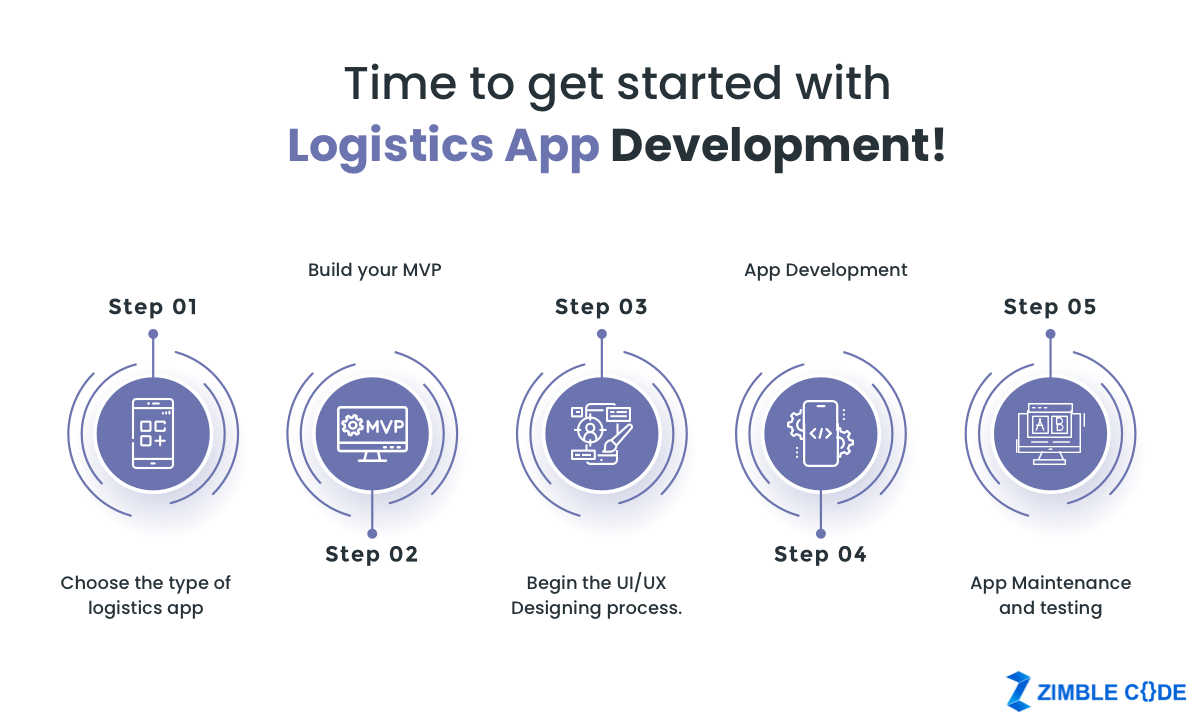
Step 1 Choose the type of logistics app
As logistics involves many departments, the applications’ purposes, target audiences, and feature sets differ. You must choose the sort of app you will create at this point from the options listed below:
- Fleet Management App:
A central information system organizes, manages, and coordinates vehicles. It is intended to make running the whole fleet easier while lowering costs, boosting performance, and ensuring compliance with legal requirements.
- On-demand Logistics App:
These apps are designed to deal with the delivery of items in accordance with consumer needs. These applications not only quickly satisfy users’ demands, but they also let people connect.
- Warehouse Apps:
These apps help keep a ton of information on the goods held in the warehouse. The app makes it possible to streamline the procedure, making it simple to get the required information whenever you need it.
- Tracking and forwarding Apps:
These applications are helpful for providing real-time information about routes and the delivery of goods & items. One of the app’s key benefits is showing the drivers’ whereabouts.
Step 2 Build your MVP
After coming up with your app concept, the best action is to hire an MVP app development business and produce a minimal viable product to test out on the market. This technique can save you time and money as you test your app concept and release it to the market.
Step 3 Begin the UI/UX Designing process.
It’s time to create an elegant and user-friendly app design that caters to the end user’s demands now that you are clear on your app idea and the features it must have. Your logistics app developers will be guaranteed to follow the correct app development route if you choose an interactive UI/UX design.
Step 4 App Development
The actual coding phase of the app development process starts after the app design. Utilize the appropriate technology and third-party integrations to integrate all the features and screen transitions.
Step 5 App Maintenance and testing
When the app is developed, your work still needs to be finished; you still need to make sure it is bug-free and performs as you had hoped. As a result, testing mobile apps is a vital procedure. Also, you must keep your app up to date with the latest technologies and ensure it functions properly at all times.
Wrapping Up
Apps for logistics may enhance every step of the supply chain, from vehicle upkeep to warehouse management. Using such tools may automate your logistical processes and boost your company’s productivity. You can employ a business providing high-end logistics app development services in Dubai, like ZimbleCode, to create a high-quality logistics mobile app.
Frequently Asked Questions (FAQs)
Q1. How much does logistics app development cost?
A simple on-demand logistics mobile app demand development would range from $30,000 to $120,000, while a medium-complex one would cost between $120,000 to $200,000.
Q2. How long does it typically take to build a logistics app?
An app typically takes between 7 and 12 months to build from the discovery stage through design, development, and pre-launch.
Q3. How can you monetize your logistics app?
There are numerous ways to monetize your logistics app in Dubai, including Ads, Paid Apps, Freemium Business Models, and Commissions.

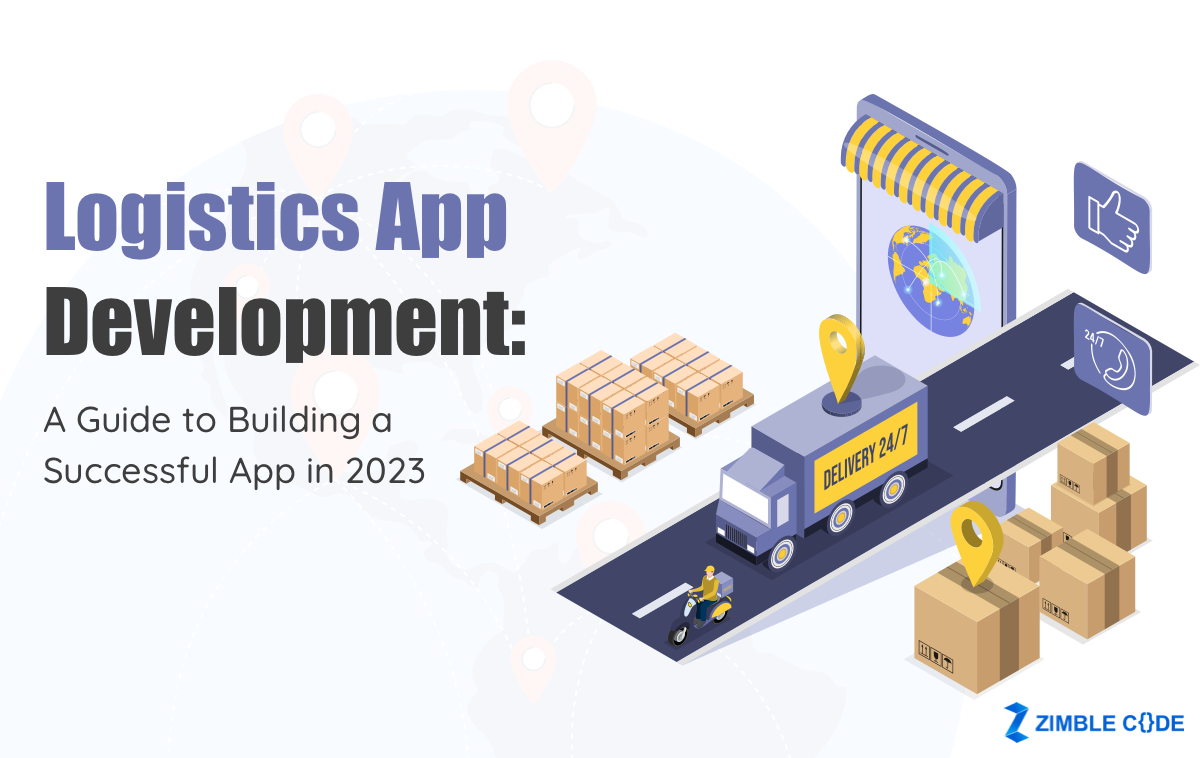
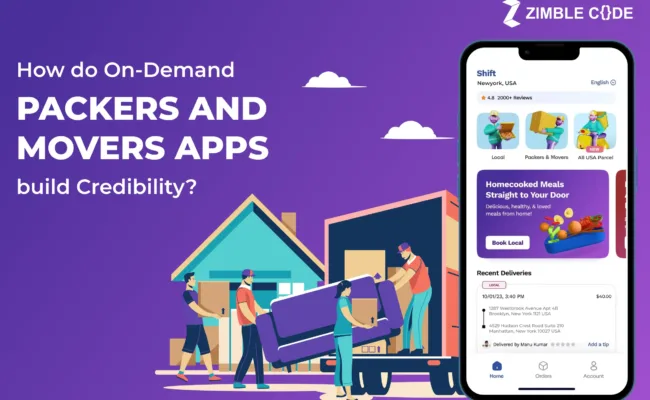
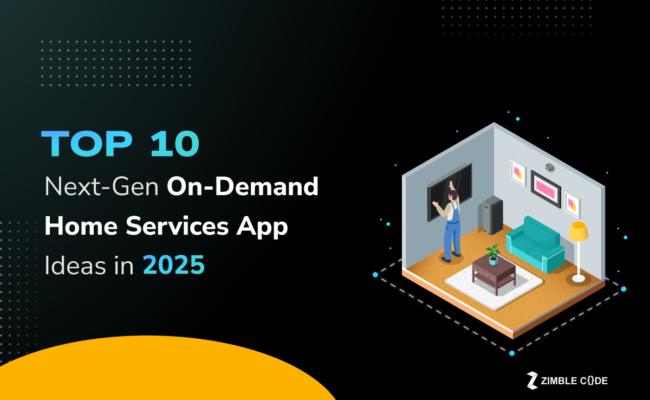
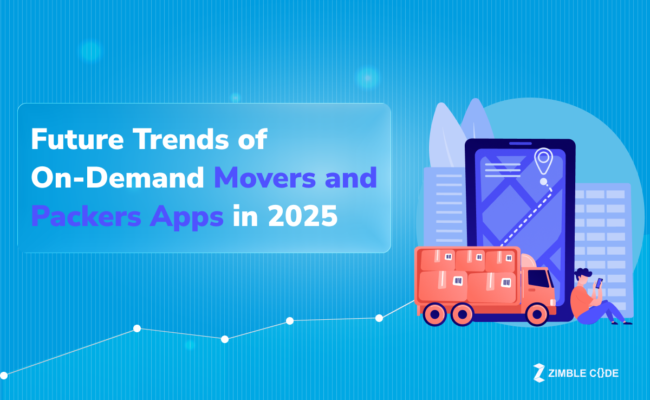
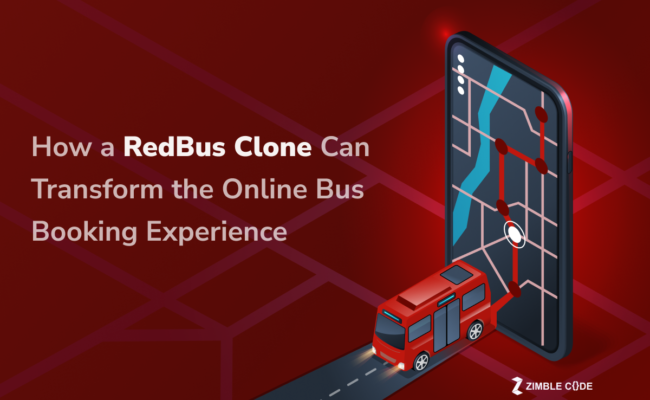
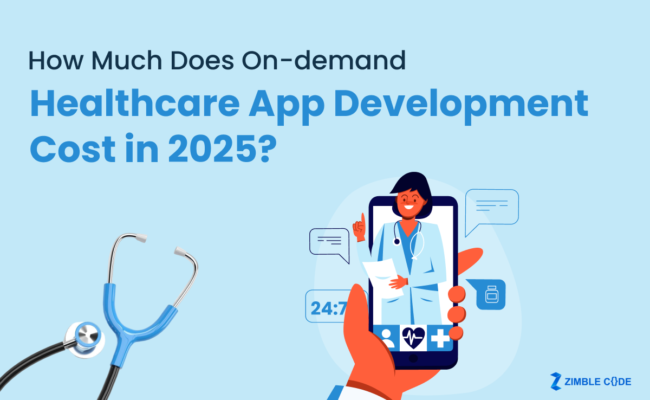

Leave A Comment